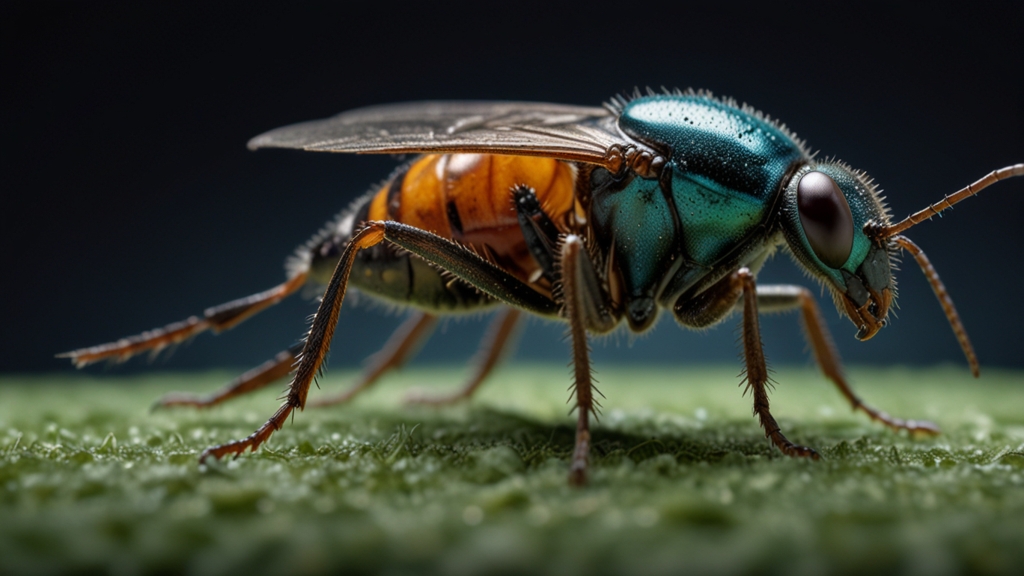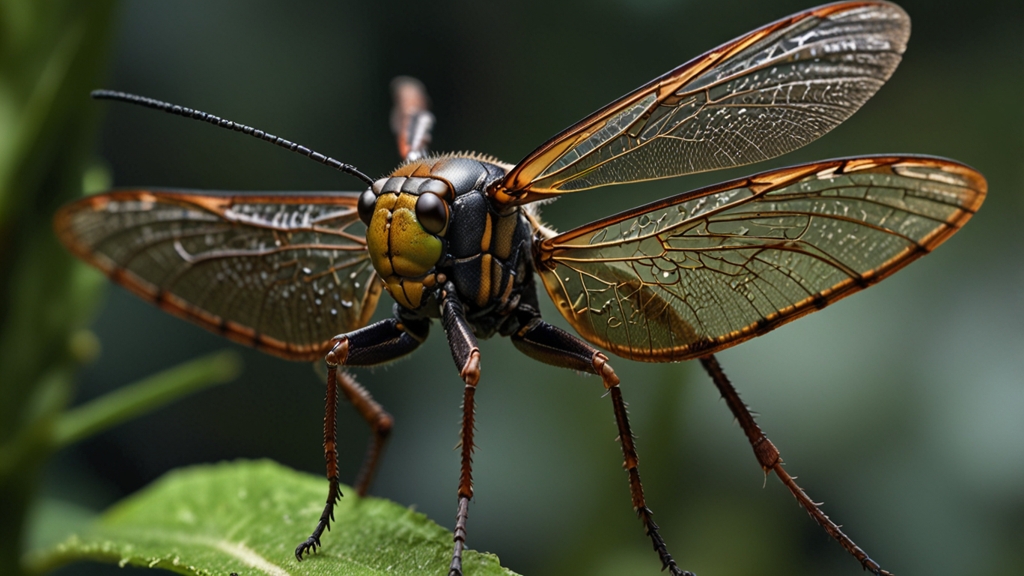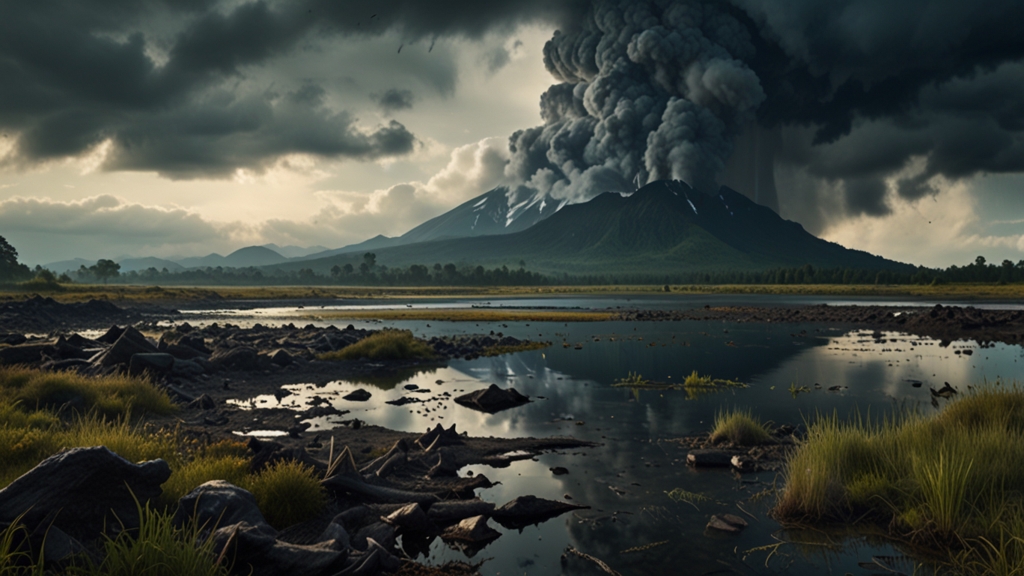An Urgent Call: Why We Must Prioritize Endangered Species
The current state of our planet's biodiversity is nothing short of a crisis. Species are disappearing at an alarming rate, some even before we have had the chance to discover or study them. The reasons for these declines are numerous, ranging from habitat destruction and climate change to poaching and pollution. As stewards of the Earth, it is our responsibility to act now and prioritize the conservation of endangered species. Failing to do so will not only result in the loss of irreplaceable life forms but will also have cascading effects on ecosystems and, ultimately, human well-being.
The Importance of Biodiversity
Biodiversity is not just a measure of the variety of life on Earth; it is the cornerstone of resilient ecosystems. Each species, no matter how small, plays a unique role in maintaining ecological balance. Pollinators such as bees and butterflies enable the reproduction of countless plant species. Predators keep prey populations in check, preventing overgrazing and the depletion of vegetation. When one species goes extinct, the repercussions can ripple throughout the entire ecosystem.
"The loss of biodiversity is more than just a tragedy for nature; it is a significant risk to human survival." - Dr. Jane Goodall
Economic and Health Benefits
Protecting endangered species and their habitats can also have direct economic and health benefits for humans. Natural ecosystems provide vital services such as water purification, air quality regulation, and climate stabilization. The pharmaceutical industry, too, relies heavily on biodiversity. Many modern medicines have their roots in compounds discovered in plants and animals. By preserving these species, we are safeguarding potential medical breakthroughs.
Moreover, eco-tourism centered around wildlife and natural landscapes generates significant revenue for many countries. This income can be a powerful incentive for local communities to engage in conservation efforts. However, for eco-tourism to be sustainable, it must be managed responsibly to ensure that it does not become a threat to the very species it aims to protect.
"Conservation is a state of harmony between men and land." - Aldo Leopold
Ethical Imperatives
There is also a compelling ethical argument for protecting endangered species. Every species has intrinsic value and a right to exist. Human activities are the primary drivers of the current extinction crisis. Hence, we have a moral obligation to mitigate the damage we cause. Future generations deserve the opportunity to experience the rich diversity of life that we often take for granted. It is our duty to pass on a healthy, functioning planet.
Steps We Can Take
Addressing the crisis requires concerted efforts at both the individual and collective levels. Governments must enforce stricter regulations to halt habitat destruction, curb pollution, and combat illegal wildlife trade. Global cooperation is essential, as species do not recognize national boundaries. Additionally, increased funding for conservation projects and scientific research will be crucial.
On a personal level, there are numerous ways to contribute. Supporting conservation organizations, reducing our carbon footprint, and making sustainable lifestyle choices can make a significant difference. Education and awareness-raising are equally important, as they empower more people to take action.
"The greatest threat to our planet is the belief that someone else will save it." - Robert Swan
Conclusion
The urgency of conserving endangered species cannot be overstated. The loss of biodiversity threatens the stability of ecosystems, economy, and human health. It is not merely an environmental issue but a profound ethical one. Through collective action, informed by science and guided by a sense of moral responsibility, we can address this crisis. The time to act is now, for the sake of all life on Earth and the longevity of our own species.









